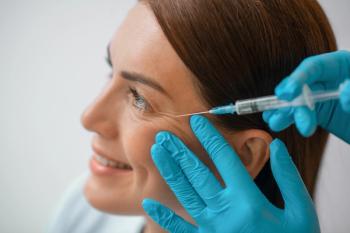
BREAKING: Benzene Found in Several Sunscreens
A recent test found various brands and batches of sunscreen and after-sun care products contained benzene, a known human carcinogen.
Valisure, a pharmacy dedicated to batch testing medications before they reach consumers, found in a recent test that 78 different sunscreen and after-sun care products contained benzene, a human carcinogen.
According to the U. S. Center for Disease Control and Prevention (CDC), the World Health Organization (WHO), U.S. Department of Health and Human Services, and various other regulatory agencies, benzene is known to cause cancer in humans. The National Institute for Occupational Safety and Health (NIOSH) also defines benzene as a carcinogen and exposure can include “inhalation, skin absorption, ingestion, and skin and/or eye contact.”
In a test conducted by Valisure, 27% of samples tested contained detectable benzene, while some batches contained up to 3 times the FDA concentration limit of 2 parts per million (ppm).
“There is not a safe level of benzene that can exist in sunscreen products,” said Christopher Bunick, MD, PhD, associate professor of dermatology at Yale University and member of Dermatology Times®’ editorial advisory board. “Even benzene at 0.1 ppm in a sunscreen could expose people to excessively high nanogram amounts of benzene.”
The company is requesting the FDA recall the identified sunscreens and after-sun care products and are asking for more defined limits for benzene contamination in cosmetic and drug products. Valisure also notes that not all sunscreen products contain benzene and urges the continued use of uncontaminated products available to help protect against ultraviolet radiation (UV).
“Benzene is one of the most studied and concerning human carcinogens known to science,” said David Light, founder and CEO of Valisure. “Its association with forming blood cancers in humans has been shown in numerous studies at trace levels of parts per million and below. The presence of this known human carcinogen in products widely recommended for the prevention of skin cancer and that are regularly used by adults and children is very troubling.”
Click the documents below to find out which products contain and do not contain benzene, as well as tips for responsible disposal of potentially contaminated products.
List of products where benzene was detected. List of products where benzene was not detected. Responsible Disposal of Potentially Contaminated Products.
This article was originally posted on
Reference:
1. Valisure detects benzene in sunscreen. Valisure. Published May 20, 2021. Accessed May 25, 2021.
Newsletter
Like what you’re reading? Subscribe to Dermatology Times for weekly updates on therapies, innovations, and real-world practice tips.











